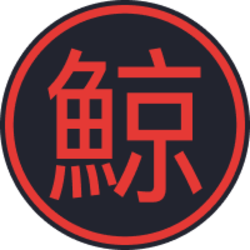
Market On Close (MOC) Orders
Before transactions can occur on a stock exchange, there have to be clear instructions from investors and traders to their brokerage firms. These instructions from investors and traders to brokerage firms to buy or sell securities are known as orders. They are of different types, and they can be placed online or through a call. The different types include market orders, limit orders, stop orders, and fill or kill. Market orders are the orders that are executed at the next available price and before the close of the trading day. A market-on-close (MOC) order is a type of market orders.
Suppose you want to buy 200 shares of a stock at the best market price. You do your analysis, and you subsequently decide that the closing price for the stock has historically been the best price of the day. If you don’t want to miss out on this golden opportunity which your thorough analysis has revealed, you should place a market-on-close (MOC) order. A market-on-close (MOC) order is a non-limit market order which a trader executes as close to the end of the market day as possible. A trader must submit his market-on-close (MOC) order on the Toronto Stock Exchange by 3:40 p.m ET as the exchange closes at 4 p.m.
Market-on-close (MOC) orders are executed at or just after the closing of the trading days. When investors and traders want to buy any financial instrument at the last price that it was traded on the market, without the specification of any target price, they place market-on-close (MOC) orders. Market-on-close (MOC) orders offer protection to investors and traders alike against any dramatic price move in a stock as a result of some announcement or news overnight or the following day. Those orders would have long been filled before any such announcement, leaving no room for any dramatic move.
Market-on-close (MOC) orders can also be used as a limit order qualifier. This is in situations whereby a limit order placed by an investor cannot be filled during the trading day. Such an order is then automatically cancelled and instead executed as a market-on-close (MOC) order. In such a situation, the market-on-close (MOC) order ensures that the order of the investor is always filled. However, it can leave the investor vulnerable to the usually inconsistent moves in price at the end of trading days.
Market-on-close (MOC) orders are a versatile type of orders to incorporate into your trading plan. If you have a full-time job and you are mostly away from your computer when the market closes, if you want to trade in a market that is not in the same time zone as yours, if close-of-the-day profits are the target of your trading strategy, market-on-close orders will always come handy for you. However, since you cannot predict exactly what the market condition will be at the close of the trading day, using market-on-close orders can also pose its own risks. Therefore, you cannot say for certain the price at which your order will be filled.



































































































































































































